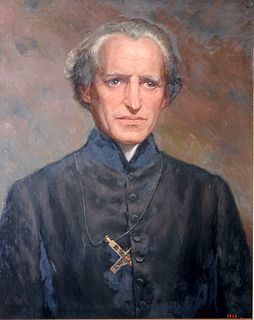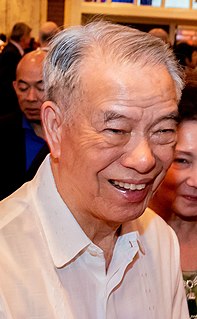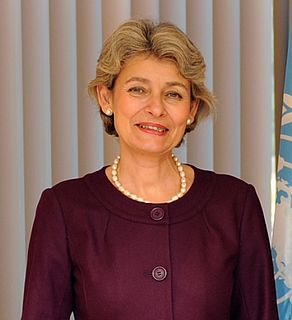A Quote by Isabel Allende
It is absurd to imagine that any child will be able to earn a living, let alone contribute to resolving our world's complex problems, without knowing how to read and write. My foundation supports the National Writing Project so that teachers can be more effective in their efforts to improve literacy for all students.
Related Quotes
Let's be clear about what Common Core is. It spells out what students should know at the end of each grade. The goal is to ensure that our students are sound in math and literacy and that our schools have some basic consistency nationwide. But the standards do not dictate a national curriculum, and teachers are not told how or what to teach.
You cannot teach somebody to write a masterpiece, but you can certainly teach them how to improve their writing skills. And you can teach them that they can make their own voices more effective by being able to communicate more clearly and forcefully. It makes people feel more capable when they can write - for instance to make a request - of a politician - and when they are able to receive a reply.
Complexity has and will maintain a strong fascination for many people. It is true that we live in a complex world and strive to solve inherently complex problems, which often do require complex mechanisms. However, this should not diminish our desire for elegant solutions, which convince by their clarity and effectiveness. Simple, elegant solutions are more effective, but they are harder to find than complex ones, and they require more time, which we too often believe to be unaffordable
While the Tan Yan Kee foundation believes that it is merely scratching the surface relative to the gargantuan problems in the education sector, it envisions that one day it will be able to train more teachers and provide much-needed facilities that will transform schools into more conducive learning environments.
There will be this mix of people like me who write for major national newspapers and amateur critics, practitioner critics, whose primary way of distributing what they talk about is through blogs and on the web. The line between professional and amateur criticism will become increasingly blurred. The problem here is that if you want to do this for a living, you have to be able to earn a living doing it.






































